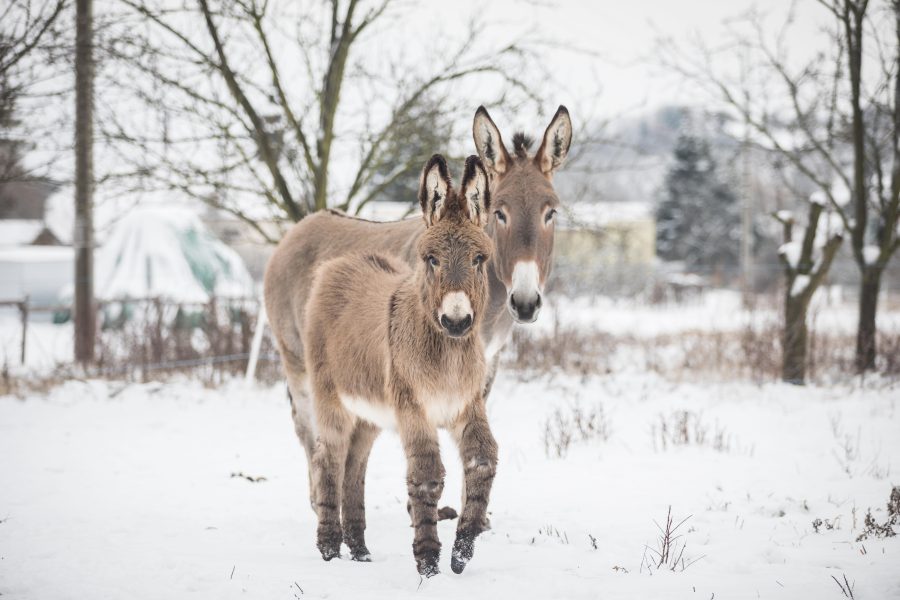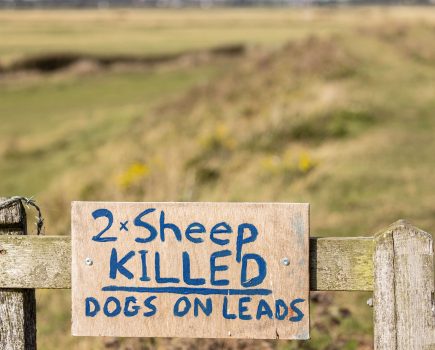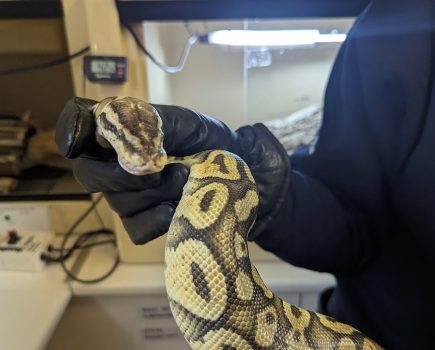Question: I’ve reached out on Facebook for information on worming my donkeys and I am getting so many conflicting answers. Some of them even disagree with what my vet says. Does anyone know what is best for my donkeys?
Our expert says: I’ve read some of those Facebook pages where the person asking for advice ends up even more confused. There are entrenched and possibly outdated views arguing with special interests which create a cocktail of misinformation. Firstly I am disturbed to see that you have people disagreeing with your vet. My first port of call would always be a phone call to the vet or a conversation when they visit. Many have worming charts telling you what to worm with and why, and most are largely dung sample based and offer that service, often at a surprisingly reasonable price.
Just as a background, there are no new wormer chemicals coming forward which means that resistance is becoming a real problem, more so in commercially kept farm livestock just because more wormer is used due to numbers. But even so, it’s something equine vets shudder about as they see the options reducing for effective worming. And the major ingredients of the branded wormers all do different things, so you can’t just interchange the to ‘reduce resistance’ as peddled by Facebook experts. That’s why you need a good conversation with an expert (eg your vet) to understand this.
The main players are Fenbendazole, Ivermectin and Moxidectin. They are all precious and all essential for different functions but arguably Moxidectin is the one that is of most concern in that it is one of only two wormers for Encysted Redworm. This is the one thing that you will have to worm to eradicate as it does not show up in dung samples. This means you don’t know how many there are and if there are a lot, they can cause colic and worse, as the spring warms up.
So if there is a resistance to moxidectin, the only alternative is fenbendazole, which has to be given as a five day course. Ask your vet about this. One of the wormers is not licensed for donkeys (as licensing is expensive and there aren’t that many donkeys), but your vet usually issues it under the ‘cascade’ system where if there is an effective (and safe) drug for a species licensed in other species but not for this particular one, then it can be given.
Just checking whether something is licensed or not, won’t really give you the full picture unless you are a vet. It may cost more with a vet but cheaper than a vet’s bill as a result of giving the wormer that cannot reach this particular worm species. Dung samples also do not show up pin worm, liver fluke, tape worm and lung worm. To find liver fluke or lung worm, you’d need to request a full dung sample through your vet, though you’d want to have a reason for doing that.
Lung worm are rarely seen in donkeys now since the advent of ivermectin as a wormer. Tapeworm only show up if the worm is shedding, so they might be present but not in the dung sample. Again, if you have ‘rescued’ a donkey, or bought from a largely unknown history, it might be worth speaking to your vet about a the best way forward with sampling and worming. Otherwise, most vets will recommend worming for encysted red worm after the first frost plus tapeworm – these are normally given separately for donkeys with dung samples from when the weather has warmed up through to the autumn, and then following the advice given by the vet – if they ask you to give Ivermectin that’s what they mean, not what someone mentioned on Facebook!
Finally the best webinar I have ever seen is on the Donkey Breed Society YouTube Channel, given by a respected donkey vet who explains all this (with examples) in two, twenty minute sessions. They are free as the Donkey Breed Society is a charity (and also a passport authority) that promotes good welfare. You’ll find that on this link, together with webinars on the skin, vaccinations and feet.
This Q&A was taken from the December 2023 edition of The Country Smallholder. For more advice from our experts on smallholding-related matters, you can buy the issue here. To receive regular copies of The Country Smallholder magazine featuring more articles like this, subscribe here.
For FREE updates from the world of smallholding, sign up for The Country Smallholder newsletter here.








